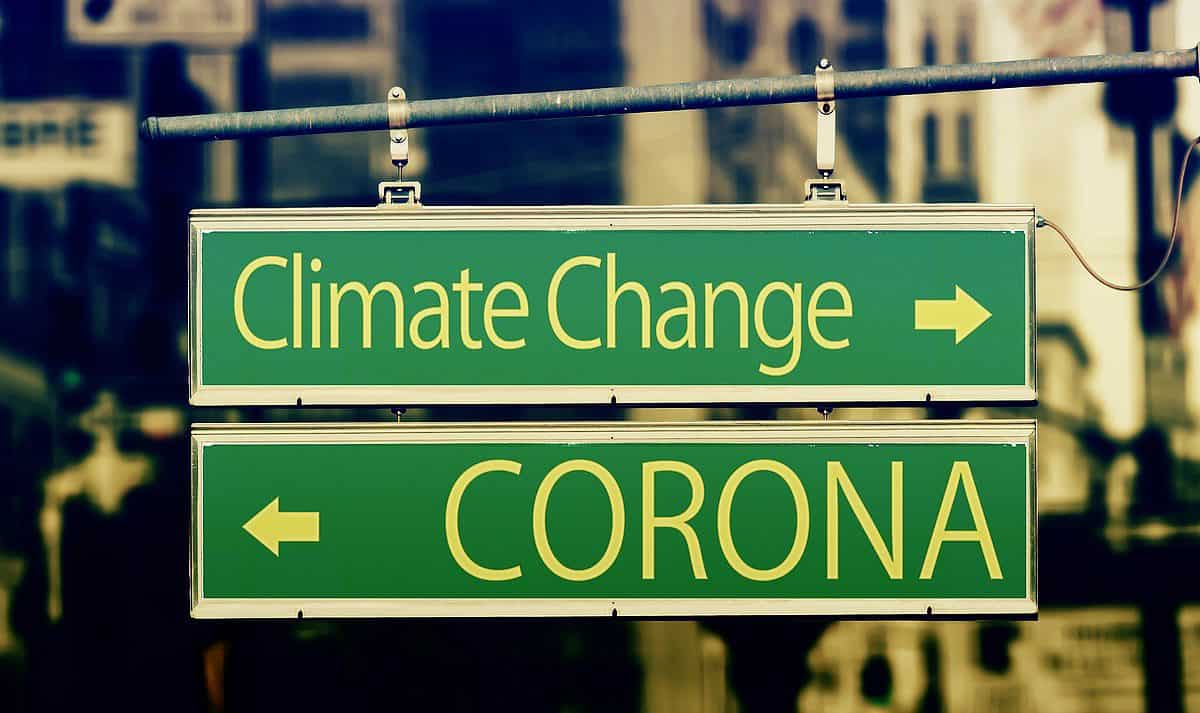As officials from the International Monetary Fund (IMF) and the World Bank gather in Paris for a two-day summit, the focus on tackling the interconnected challenges of poverty alleviation and climate change takes center stage. Hosted by French President Emmanuel Macron, the summit presents a crucial opportunity to realign the global financial architecture and address the immense financing requirements necessary to achieve the world’s climate targets by the end of the decade.
The discussions also shed light on the climate change policies of the IMF and World Bank, with growing calls for multilateral development banks (MDBs) to play a more significant role in supporting developing economies, including Costa Rica, to access funds for climate adaptation and mitigation efforts.
Insufficient Funds and Climate Transition Policies
In recent years, both the IMF and the World Bank have implemented policies to assist countries in their climate transition. The IMF launched the Resilience and Sustainability Trust (RST) in the previous year, making over $40 billion in funds available for longer-term loans dedicated to financing projects related to climate-related issues. Bangladesh, Barbados, Costa Rica, and Rwanda have been the first countries to benefit from this initiative.
Likewise, under the leadership of former World Bank President David Malpass, climate financing was doubled to $32 billion, and a global warming action plan for the period of 2021 to 2025 was established. Ajay Banga, his successor, emphasized the importance of the World Bank pursuing both climate adaptation and mitigation in his inaugural address, recognizing the need for change to address global challenges adequately.
Despite these initiatives, both institutions acknowledge that their current financing capacities are insufficient to meet the needs of developing economies. The IMF estimates that the annual requirement for developing economies will exceed a trillion dollars by 2025.
Institutional Reforms and the Path Ahead
The United States, the European Union, and other stakeholders have been advocating for reforms within the IMF and the World Bank since late last year. These proposed reforms aim to enhance the governance of MDBs, ensuring a greater role for major emerging markets and developing economies, while expanding their missions to integrate climate change financing.
The objective is to make progress on these reforms by the upcoming annual meetings of the IMF and World Bank in Morocco, scheduled for October. The World Bank’s primary goal is to promote long-term economic development and poverty reduction, while the IMF focuses on global macroeconomic and financial stability, providing financial assistance, technical support, and policy advice.
However, concerns have been raised by some developing countries that these reforms might lead to MDBs prioritizing climate change over poverty alleviation. Striking a balance between the two objectives remains critical for the sustainable development of nations like Costa Rica.
Significant Breakthroughs and the Role of Private Sector Involvement
A notable breakthrough occurred during the IMF and World Bank spring meetings, with an agreement reached to increase the World Bank’s lending capacity by up to $5 billion per year for a decade. It is important to note that this boost in lending capacity was primarily achieved by leveraging existing resources, rather than through additional funding from member countries.
Despite potential successes in the reform process, leaders of the IMF and World Bank stress that international financial institutions alone cannot meet the enormous needs of the most vulnerable countries. Ajay Banga, during his campaign for the World Bank presidency, emphasized the necessity of greater private sector involvement in financing the climate transition.
He highlighted that without the engagement of the private sector, the necessary financial resources would remain insufficient. Banga suggested the establishment of a system that could share risks and mobilize private funds to achieve the organizations’ goals.
Promising Prospects and the Role of Costa Rica
As the summit in Paris unfolds, hopes are high for progress on the two-year-old pledge by wealthier countries to recycle $100 billion in IMF special drawing rights (SDRs) from affluent nations to vulnerable economies. SDRs are foreign exchange reserve assets awarded to countries based on their contributions to the IMF.
Ahead of the summit, France and Japan made promising announcements, committing to redeploy 30 percent of their SDRs for the intended purpose. Reports from various media sources indicate that the Paris summit could yield breakthrough pledges from other countries, further contributing to achieving the $100 billion target.
Costa Rica, a country known for its commitment to sustainability, is closely following these developments. With a keen focus on poverty alleviation and climate change, Costa Rica recognizes the importance of international financial institutions in supporting its efforts. By leveraging the resources and policies put forth by the IMF and World Bank, Costa Rica aims to access funds for climate adaptation and mitigation projects that align with its sustainable development agenda.
The ongoing summit in Paris, attended by officials from the IMF, World Bank, and economic leaders worldwide, presents an unprecedented opportunity to address the intertwined challenges of poverty alleviation and climate change. With a focus on enhancing the global financial architecture and improving access to climate financing for developing economies like Costa Rica, the summit aims to pave the way for a more sustainable and equitable future.
While the IMF and World Bank acknowledge the need for greater funding capacities and reforms, the involvement of the private sector and the fulfillment of pledged commitments can further bolster the global efforts in combating poverty, addressing climate change, and advancing the sustainable development agenda of Costa Rica and other nations.






